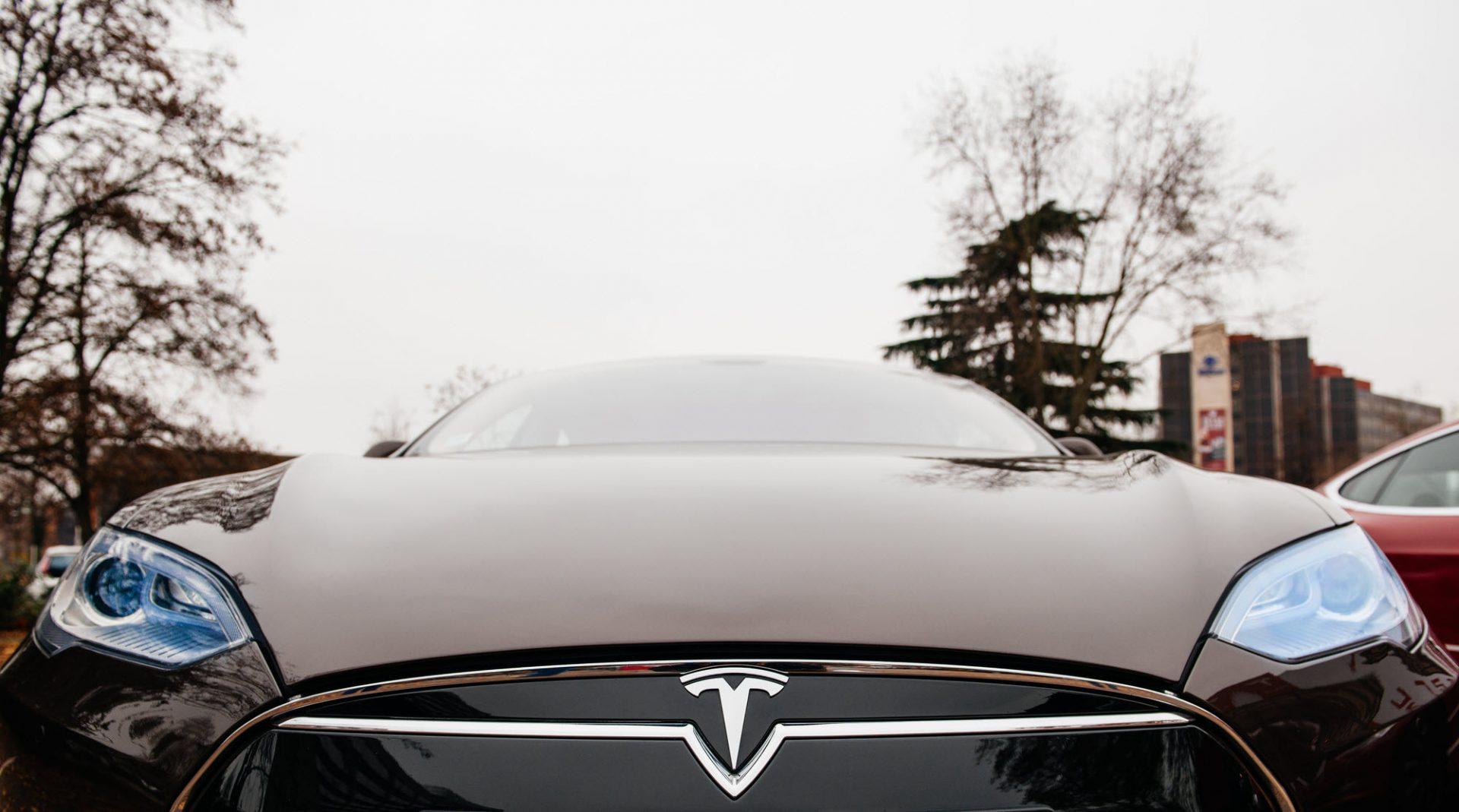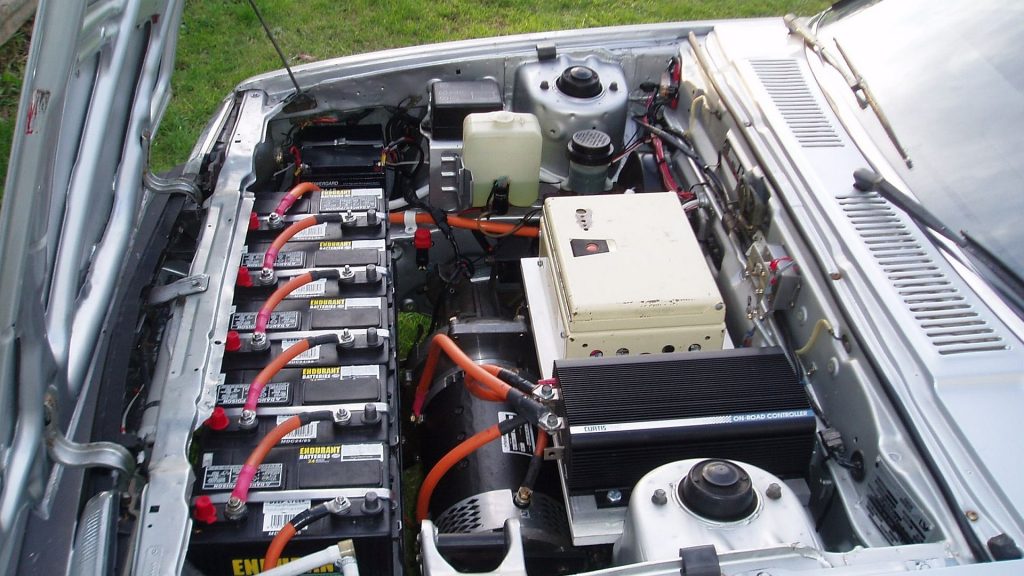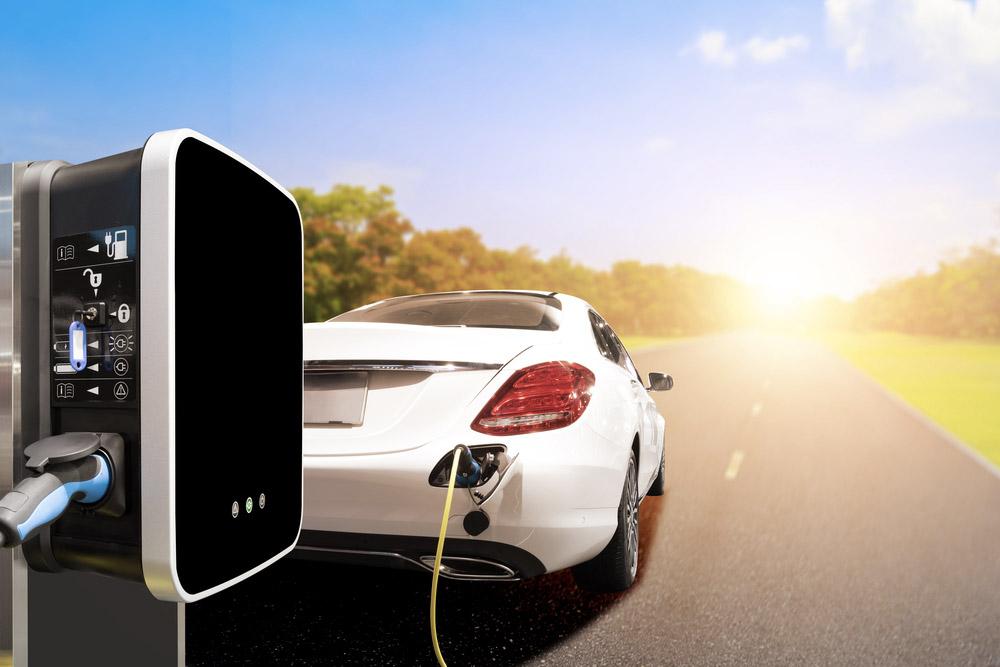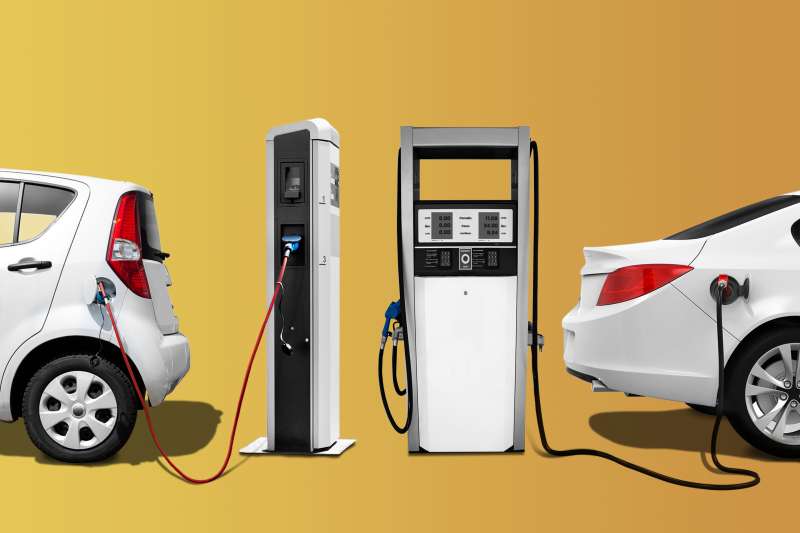How Long Until An Electric Car Pays For Itself
By Chris Thatcher
Updated Feb 18, 2024

If there's one thing that is attractive about purchasing electric vehicles, it's the fact that EVs come at a premium. You can acquire a good tax rebate up to $3500 - $7500, yet the upfront cost is still relatively higher than gas guzzlers whether you purchase an all-electric or plug-in hybrid vehicle.
Table of Contents
This is where the question of "how long until an electric car pays for itself" comes in. The short answer is that you will make up for it in gas savings. Although the paycheck may take a considerably longer time altogether, it is a hardline fact that electric cars will eventually pay for themselves.
So what's the math behind the price return on electric vehicles? Let's have a look.
Factors On Which The Rate Of Return For EV Depends

Upfront Vehicle Cost
If you purchase the New Tesla Model S, it will have you forking over $85,000. The good news is a $7,500 federal tax credit, as discussed above. The base model 3 will have a starting price of about $35,000 (after the tax credit), which is considerably cheaper and will have a much shorter return time.
Another upfront cost you might have to pay is setting up the charging station at your home. The cost of installation will depend on the local electrician rates and the type of charger you get. A level 2 charger will have a return time of about two years, while a level 1 charger will have a return time of around four to five years.
Fuel Cost
This is where electric vehicles have a considerable advantage over gas cars. If you live in an area where the average price per gallon is $2.50, you will pay about $0.12 per mile for gas.
However, with an electric vehicle, you will only be paying $0.045 per kilowatt-hour or about $0.04 per mile, which is considerably lower than gas cars. The break-even point will, therefore, be quicker if your area's price per gallon is higher. Americans who live in areas with an average gas price of $3.50 or more will have their electric vehicles paying for themselves a lot quicker.
READ: What Problems Do Electric Cars Have?
Maintenance Cost
Electric vehicles have fewer moving parts than gas cars and require less maintenance. You won't have to worry about tune-ups, oil changes, and other engine-related maintenance problems while driving an electric vehicle.
The only thing you will have to take care of is the replacement of the brakes and tires when they get worn out. According to Repair Pal, the average price of repairing a Kia Soul is approximately $446 annually, half the $887 annual repair cost for a Toyota Camry.
The bottom line is that you will save a lot of money on maintenance with an electric car which will help it pay for itself quickly.
Depreciation Cost
This is the value of your car minus the amount of money you get when you sell or trade it in. All cars depreciate, but electric vehicles hold their value much better than gas ones. This is because electric cars are still a relatively new technology, and there is a lot of demand for them.
As the demand for electric vehicles increases and more people start driving them, the prices of electric cars will continue to go up while the prices of gas cars will continue to go down.
Mileage And Fuel Efficiency
The range of an electric vehicle is an essential factor that will determine how long it will take for the car to pay for itself. If you only use your car for short commutes, you will be able to recover the cost of your car a lot quicker than if you have to drive long distances.
The average gas car gets about 25 miles per gallon, while the average electric vehicle gets about 100 miles per gallon. It indicates that you will only be spending a quarter of the money on fuel for an electric car than you would for a gas car.
The math is practically simplified here. If you have to drive long distances regularly, an electric car will take much longer to pay for itself than a gas car. However, if most of your driving is done within the city and you don't have to travel long distances often, an electric vehicle will quickly start paying for itself.
How Long Until An Electric Car Pays For Itself?

It depends on several factors, such as the upfront cost, fuel efficiency, driving habits, and depreciation. Assuming that you are driving a gas car that gets 25 miles per gallon and the average gas price is $2.50 per gallon, you will be spending about $0.10 per mile.
READ: How Much Does It Cost To Convert A Vehicle To Electric In 2022
If you compare that to an electric car that gets the equivalent of 100 miles per gallon and costs $0.045 per kilowatt-hour, you will be spending about $0.04 per mile.
Do Electric Vehicles Really Save Money?
The answer is yes; electric vehicles save money in the long run. Not only do they cost less to operate and maintain, but they also hold their value a lot better than gas cars.
According to AAA, electric cars are relatively cheaper in comparison to other cars & may only require an average cost of $330 annually for vehicle maintenance.
READ: Do Electric Cars Last Longer Than Gas Cars?
Is Electric Vehicle Cheaper Than Gas?

Electric Vehicles are cheaper than gas, but it depends on the gas price in your area.
The average gas price in the United States is $2.50 per gallon, while the average price of electricity is $0.12 per kilowatt-hour.
Conclusion
Electric cars are cheaper to operate and maintain than gas cars and hold their value much better. An electric car is a way to go if you want a car that will save you money in the long run.
